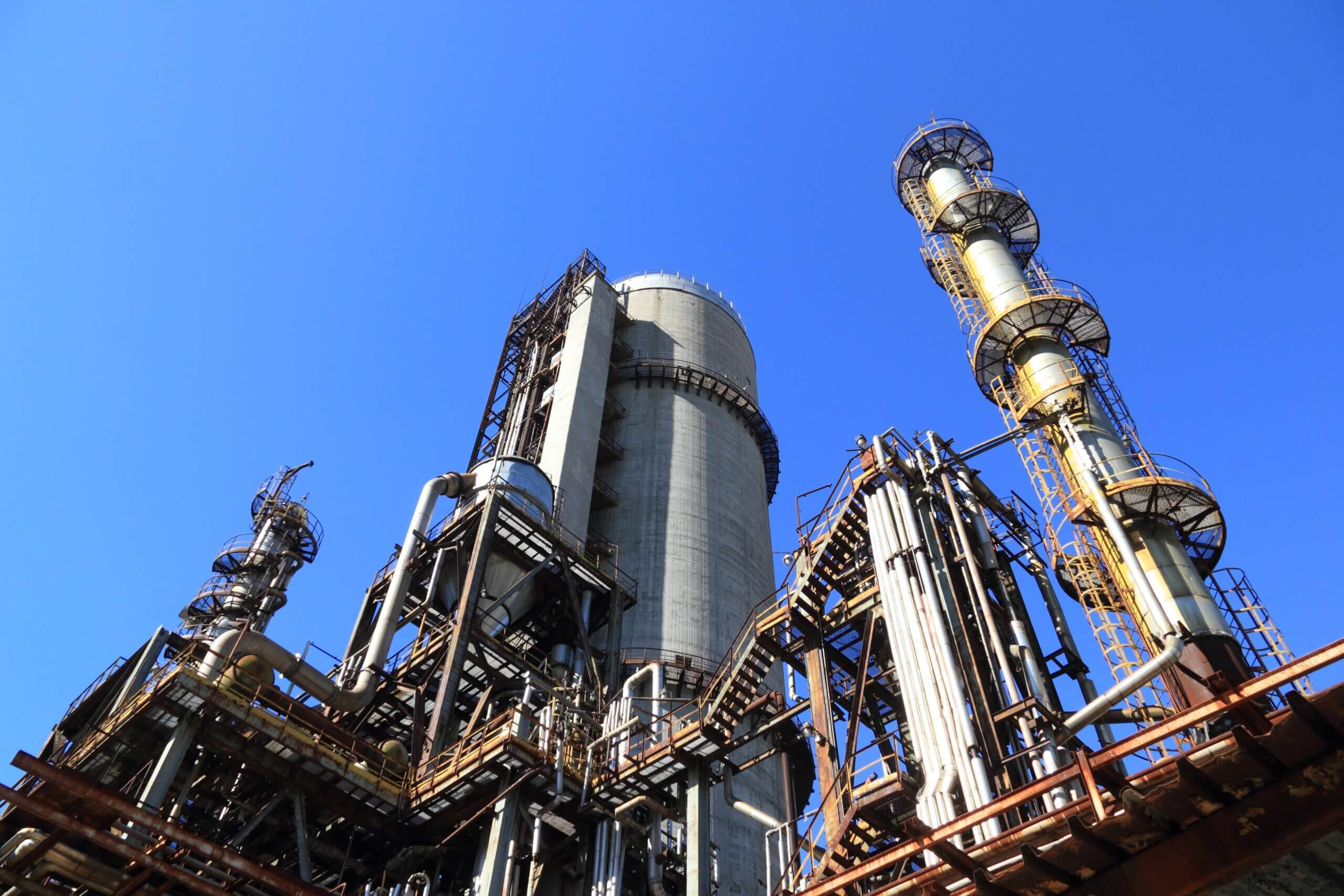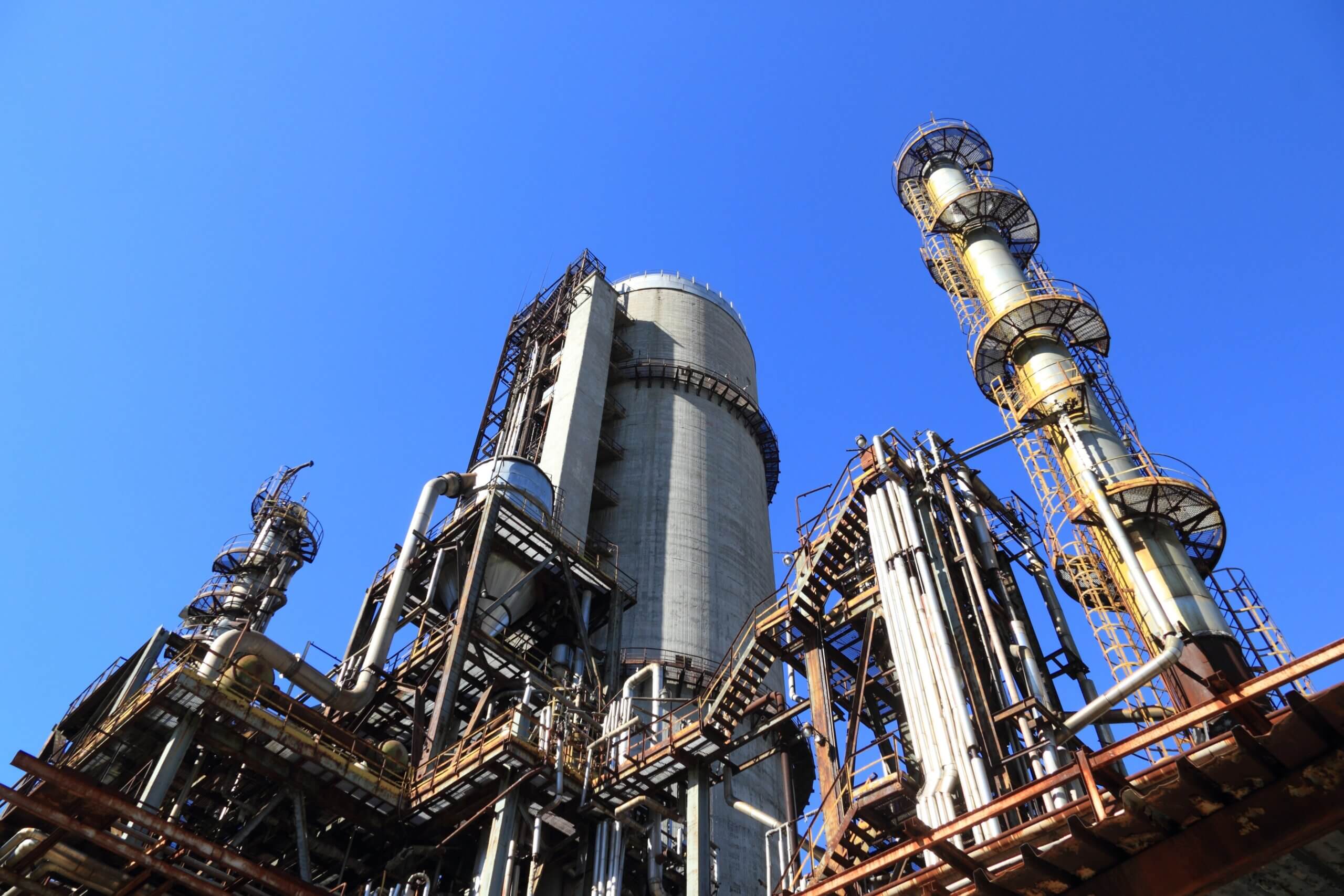“Deglobalization” has entered the narrative zeitgeist. But what’s happening on the ground? This weekly series seeks to answer that question with a round-up of deglobalization developments from the week that’s done.
1. HP is moving production of millions of laptops to Thailand and Mexico this year, and Vietnam next year, as the world’s second largest PC maker diversifies its supply chain out of China. But the company is trying to be low-key about the production shift, saying it’s still “deeply committed” to its operations in Chongqing.
2. US chipmaker Advanced Micro Devices says it wants to diversify production and partner foundries to be less reliant on Taiwan Semiconductor Manufacturing Co., given the risk of military confrontation in the Taiwan Strait. AMD didn’t name other candidates, but potential alternatives are South Korea’s Samsung, Taiwan’s United Microelectronics Corp., and US-headquartered GlobalFoundries.
3. Moscow seized control of assets belonging to the Russian subsidiaries of two major European companies, France’s Danone and Denmark’s Carlsberg. The Chechen agriculture minister will now run Danone’s unit. EU firms that haven’t already left Russia can now be expected to flee en masse.
4. A US Congressional panel is investigating American venture capital firms’ investments in Chinese companies. The House’s select committee on the Chinese Communist Party this week informed GGV Capital, GSR Ventures, Walden International, and Qualcomm Ventures that it’s examining their deals with Chinese firms involved in chips, AI, and quantum computing.
5. Beijing’s new ambassador to the US, Xie Feng, said China will “definitely…make our response” in retaliation against further US curbs on access to semiconductor technology. China already fired an opening salvo earlier this month export restrictions on germanium and gallium.
6. And China needn’t expect any let up in US tariffs any time soon. Treasury secretary Janet Yellen said that while it would be useful to de-escalate tensions over time would, easing trade restrictions now would be “premature.”
7. Ford’s deal to set up an EV battery factory in Michigan using the technology licensed from CATL is facing scrutiny from US lawmakers, including the Chinese battery giant’s links to forced labor in Xinjiang. (We’ve previously explained why partnering with Ford is a bad idea.)
8. A Bloomberg opinion piece paints a picture of deglobalization of corporate structures worldwide. “[T]he age of the Globocorp is drawing to an end…Multinationals are beginning to build internal walls,” Adrian Wooldridge writes. Examples abound: Sequoia splitting off its China operations; activist investors campaigning to split HSBC into East and West; tech firms sandboxing their China data architecture and software development.
(Photo by Pexabay/Pexels)




